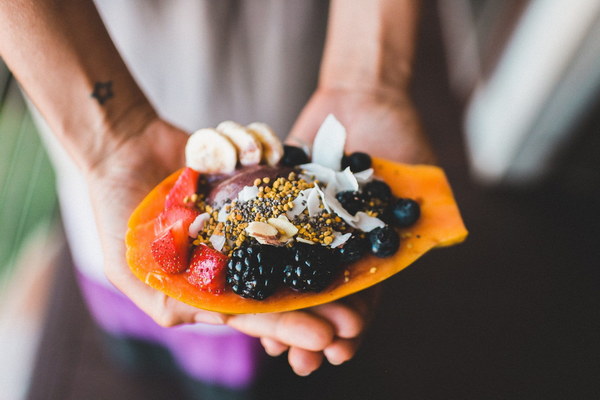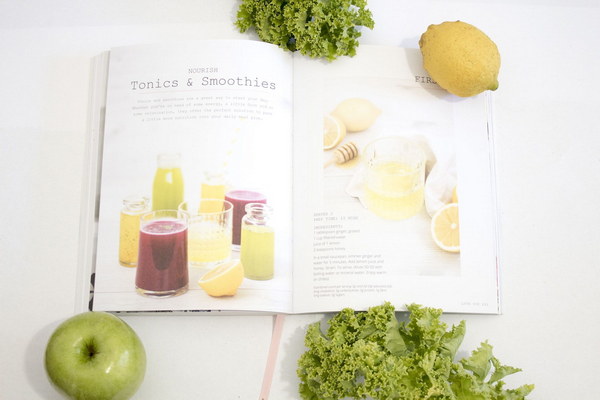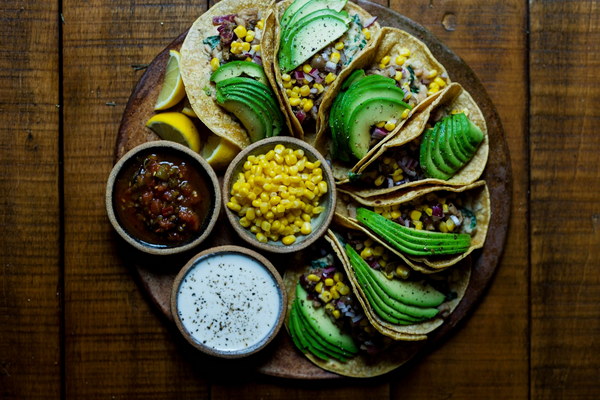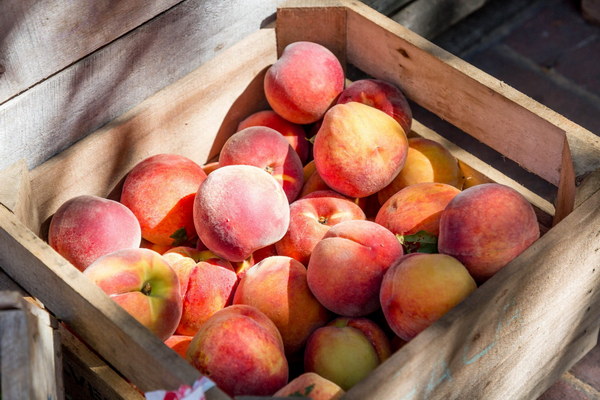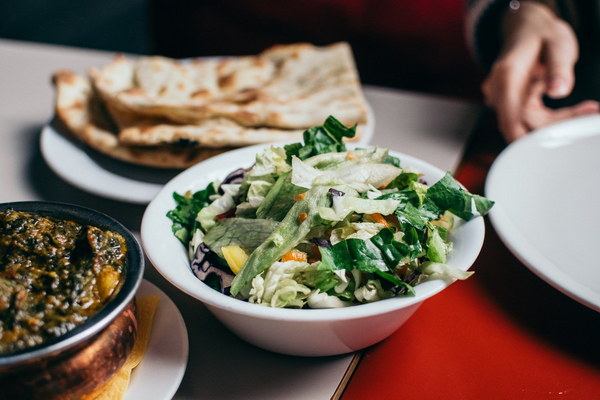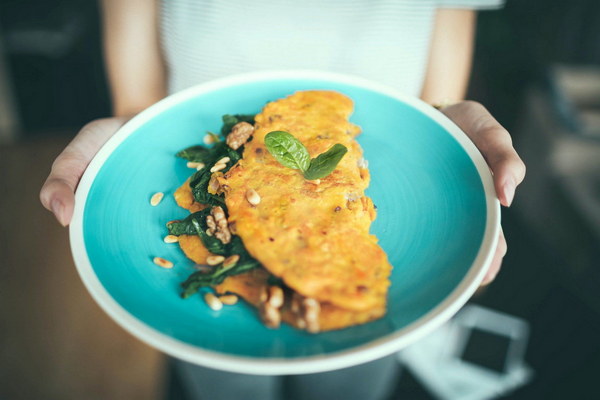Natural Remedies A Diet Guide to Alleviate Gout Pain
Gout is a form of arthritis that causes sudden, severe attacks of pain, redness, and tenderness in one or more joints. It is a result of high levels of uric acid in the blood, which leads to the formation of crystals in the joints. While medication is often used to manage gout, dietary changes can also play a significant role in reducing symptoms and preventing attacks. This article provides a comprehensive diet guide to help alleviate gout pain naturally.
1. Increase your intake of low-fat dairy products
Low-fat dairy products, such as milk, yogurt, and cheese, have been found to lower uric acid levels in the blood. According to a study published in the Journal of the American Medical Association, consuming three servings of low-fat dairy products daily can reduce the risk of gout attacks by 12%.
2. Consume plenty of fruits and vegetables
Fruits and vegetables are high in water content and low in purines, which are compounds that increase uric acid levels in the blood. Aim to consume at least 2 cups of fruits and 2.5 cups of vegetables daily. Some fruits and vegetables that are particularly beneficial for gout patients include blueberries, strawberries, blackberries, and leafy greens like spinach and kale.
3. Choose lean proteins over high-fat meats
Protein is essential for maintaining healthy joints, but it is important to choose lean protein sources over high-fat meats, such as red meat and organ meats. Lean proteins include fish, poultry, and legumes. According to the Gout and Uric Acid Education Society, consuming moderate amounts of lean protein can help lower uric acid levels.
4. Stay hydrated
Drinking plenty of fluids, particularly water, is crucial for gout patients. Water helps dilute uric acid in the blood, reducing the likelihood of crystal formation. Aim to drink at least 8-10 glasses of water daily.
5. Avoid alcohol and sugary drinks
Alcohol and sugary drinks are known to increase uric acid levels and contribute to gout attacks. Beer is particularly high in purines and should be avoided. Instead, opt for non-alcoholic beverages, such as water, herbal teas, and low-sugar juices.
6. Limit consumption of high-purine foods
High-purine foods, such as red meat, organ meats, seafood, and beer, can increase uric acid levels and trigger gout attacks. Limit your intake of these foods, and consider alternative protein sources like lean poultry and fish.
7. Include foods rich in vitamin C
Vitamin C has been shown to lower uric acid levels and reduce the risk of gout attacks. Foods rich in vitamin C include oranges, strawberries, kiwi, bell peppers, and leafy greens. Aim to consume at least 75 mg of vitamin C daily.
8. Maintain a healthy weight
Being overweight or obese can increase your risk of gout. Maintaining a healthy weight can help lower uric acid levels and reduce the frequency of gout attacks.
9. Seek professional advice
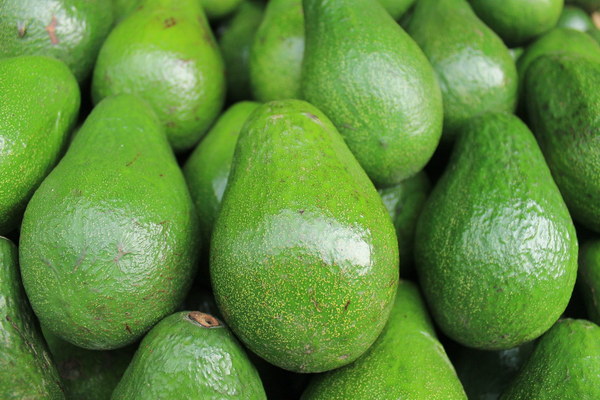
Before making significant changes to your diet, it is essential to consult with a healthcare professional. They can provide personalized recommendations based on your specific health needs and help you create a balanced diet plan that addresses your gout symptoms.
In conclusion, dietary changes can play a significant role in managing gout symptoms and preventing future attacks. By incorporating these natural remedies into your daily routine, you can help alleviate gout pain and improve your overall health. Remember to consult with a healthcare professional before making any significant dietary changes.
